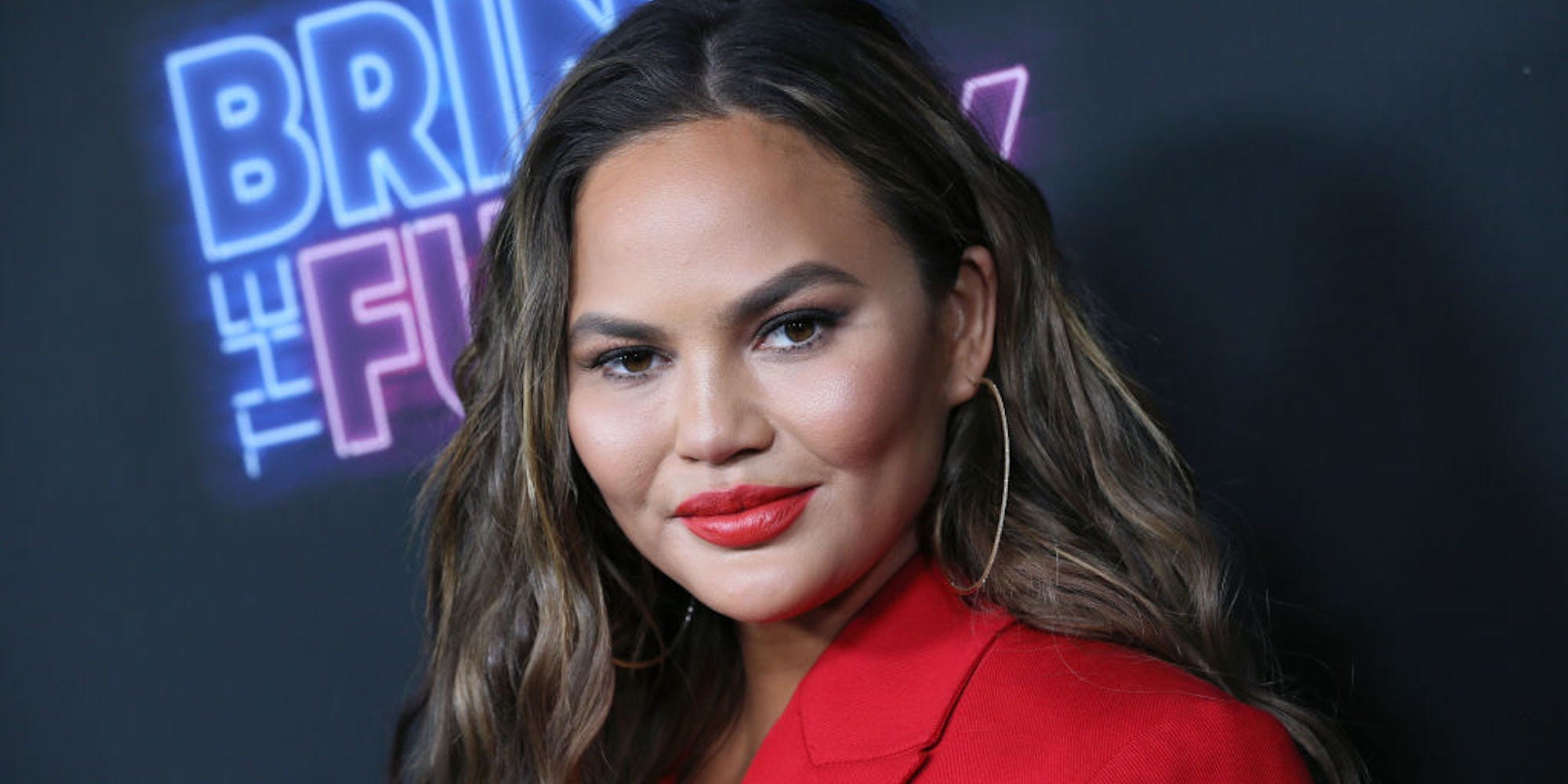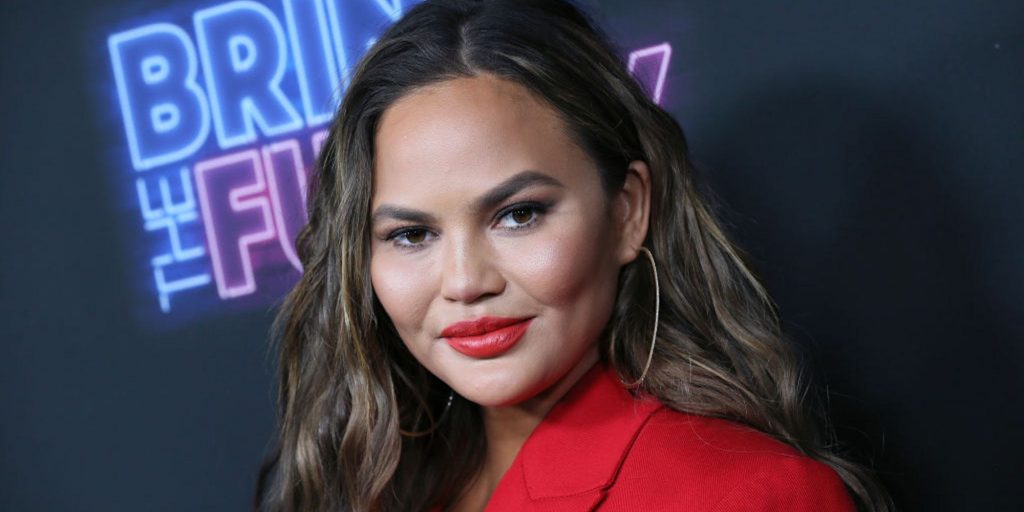
David Livingston/Getty Images
- Chrissy Teigen became a key personality on Twitter, known for her progressive views and clapbacks.
- In recent weeks, accusations of online bullying have devastated her public image.
- Her predicament highlights an issue with today's online celebrity culture.
- Visit Insider's homepage for more stories.
The past month has been a disaster for Chrissy Teigen, with accusations of online bullying shattering her hyper-progressive and inclusive personal brand.
In May, model and TV personality Courtney Stodden spoke out in the Daily Beast, saying that Teigen tweeted about wanting them to take a "dirt nap" and sent private messages telling them to kill themself.
Teigen apologized in a Twitter thread, saying she was "lucky" to be held accountable and was "deeply sorry" for her comments. But more allegations of online harassment followed. Last week, fashion designer Michael Costello said he was left with "a deep, unhealed trauma" after he said he was bullied by Teigen in 2014. Following huge backlash, Teigen posted another lengthy apology on Medium but subsequently said the messages were fake. Costello maintains they are real. Despite the doubts cast on the validity of Costello's purported DMs, many online have still turned against her.
It's quite a fall from grace for Teigen, who was, until recently, a recognized voice of authority on progressive Twitter. But the fact that she was ever held in such high estimation by so many people betrays a worrying lack of collective judgment when it comes to how we perceive online personalities.
Teigen's online image had huge appeal
While Teigen's career began with modeling and TV during the early 2010s – it's really her online persona that set her apart, turning her into an online influencer as much as she was a traditional celebrity.
Teigen amassed 13.5 million Twitter followers thanks in part to her quick-witted and opinionated clap-backs aimed at celebrities, trolls, and politicians. She also found a foothold as a pro-choice and pro-gun-control activist, and was often the subject of attacks by right-wing figures, most notably Donald Trump.
Tiegan broadened her appeal on Instagram, where she featured wholesome family content with her husband John Legend and their two children. Her frequent cooking posts eventually led to two cookbooks and a cookware line which was until recently sold in Target stores across America.
It's not the first time audiences have been surprised by the past behavior of an online celebrity
The path of a beloved influencer falling from grace is at this point a well-trodden one. People who are drawn to creating content professionally often spend years - sometimes the better part of a decade - cataloging their every thought, opinion, feeling, and joke online. But as time moves on and the culture and what's deemed acceptable changes, the risk of being exposed for past behavior increases. And the higher an influencer climbs, the further they have to fall.
Last summer, the YouTube community faced a rude awakening as one of its most beloved figures, Shane Dawson, was shunned by everyone from fellow creators to mainstream celebrities as old content featuring blackface, sexual comments about children, and jokes about bestiality resurfaced. After 12 years on the platform and more than 20 million subscribers, Dawson announced he would be "taking accountability," and hasn't posted a video in almost a year.
Like Teigen, Dawson's image crashed and burned when his fans suddenly felt like the persona they had associated with his name could be vastly removed from the behavior he displayed before he had such a public profile.
Twitter in particular, due to the volume with which many users post, and the extremely short lifespan of tweets, lends itself to elevating certain figures into superstardom with little context as to how they got to that point.
Just last week, an explosive profile in LA Magazine on media-Twitter superstar Yashar Ali (who is friends with Teigen) suggested that his hugely popular online image may be more curated than it seemed. Despite his insinuations that he's "the scion of a wealthy Iranian family," the article reported that he's been "evicted from multiple residences, defaulted on several loans, and has racked up tens of thousands of dollars in tax liens." One former colleague compared him to "The Talented Mr Ripley." Followers, many of whom considered him to be a reputable news source, were shocked.
The next generation of online celebrities could be held to a much higher standard
Twitter output and follower count grants a certain level of clout, influence, and (sometimes) celebrity, but Twitter fame is just as precarious as other forms of online influence. People are granted huge platforms based on a one-dimensional perception, without too much consideration for whether they're the best person to responsibly wield that influence.
In the cases of Teigen, Dawson, and Ali, many of their former fans would likely agree that their perceptions were warped by the veneer which a screen can lend. And while we shouldn't expect all influencers to have a perfect past, it's clear that more collective due diligence is needed when people are being put on a social media pedestal.
To read more stories like this, check out Insider's digital culture coverage here.

